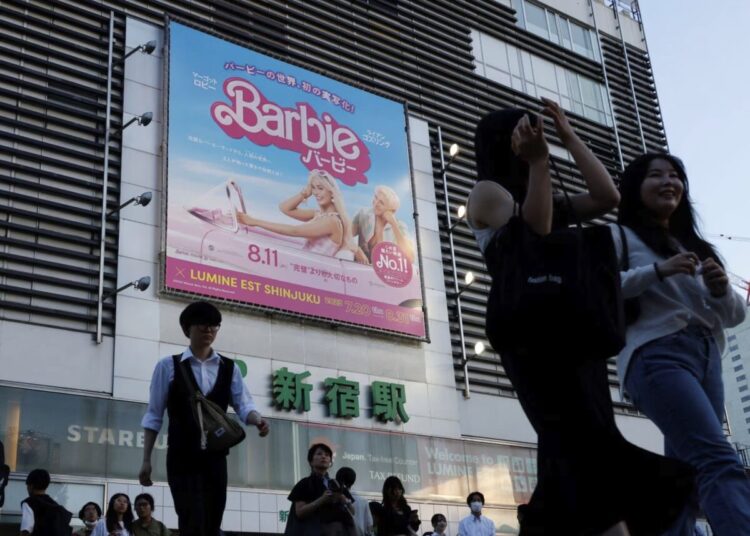It’s been a strange two weeks on the Internet, as memes about the Barbie and Oppenheimer films took over public discourse. Seeing some of the drama surrounding the new Barbie film reminded me of the kind of heated debates that sometimes take over the anime community from time to time, and I thought I’d write a post about what anime fans can learn from Barbie. Keep reading if you want to find out!
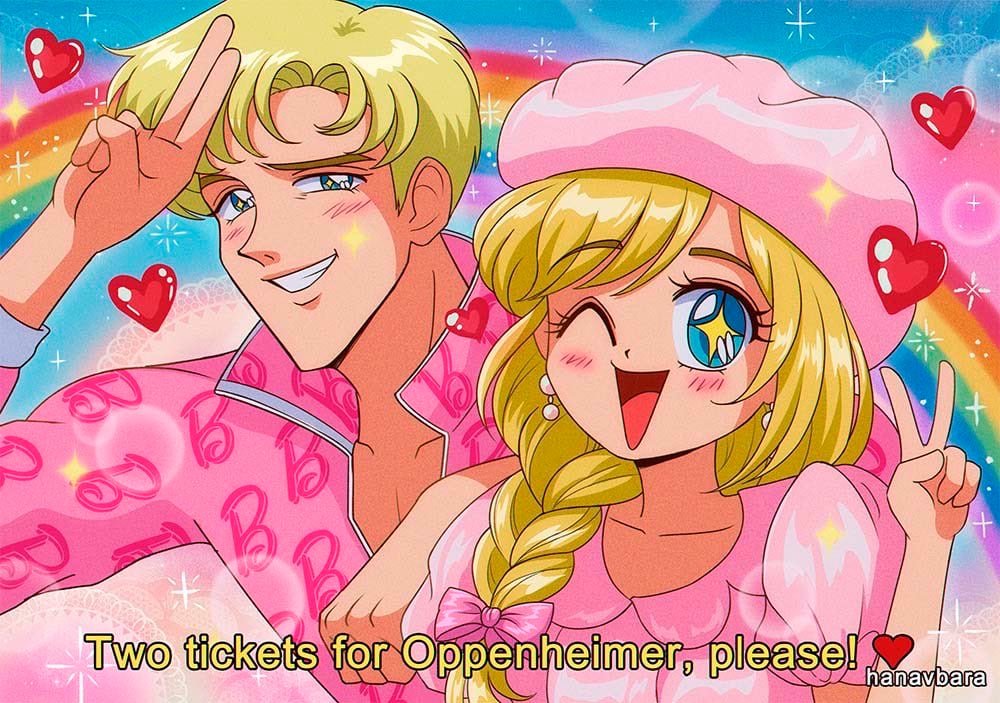
Some People Are Angry at Barbie. Why?
It’s hilarious, scrolling through Twitter and looking at reactions to Barbie. Some are calling it “woke” because it’s written from a certain point of view and aimed at a certain audience, primarily anyone who loved Barbie dolls growing up, or any parent of such a child. Others are angry at those who are angry at the film for any reason, calling them bad names. It reminds me of anime fans arguing about whether university student Uzaki-chan could possibly have big boobs despite being short in stature.
How Should We Feel about “Fake Controversies” in Popular Culture
I really love social media, which allows me to chat with anime fans in all corners of the world and share information about J-List’s newest products, as well as anime boobs. But there’s a lot that’s less than perfect about a world where everyone is shouting as loud as they can.
- Unfortunately in the modern world, people feel they should have an opinion on anything. If you asked people what they thought about the 490 B.C. Battle of Marathon between the Persians and the Greeks, you could probably get 50.1% of people to vehemently argue that it was a good thing, with 49.9% taking the other side. Let’s all try to normalize saying “wow, I have no information on that subject, so I won’t bother forming an opinion.”
- It’s important to remember that people organize themselves into groups because we’re social animals. While this is often expressed as “left vs. right,” I find it useful to think of us as fans of sports teams. If you’re really passionate about the Los Angeles Dodgers and I’m rooting for the San Diego Padres, am I really your enemy? We’re just coming from different places.
- Then there’s confirmation bias. If you’re hyper-aware of blue cars for any reason, you will see blue cars everywhere. When this makes us unable to have empathy for those with slightly different views than we have, this is not healthy.
- There used to be “friction” in media. I’m old enough to remember when there were three TV networks that had nightly news, and everyone watched ABC, CBS or NBC News at 11 pm. Now there are 1,000 places to get your news from, and some of these are actively trying to deceive you. Especially Vladimir Putin.
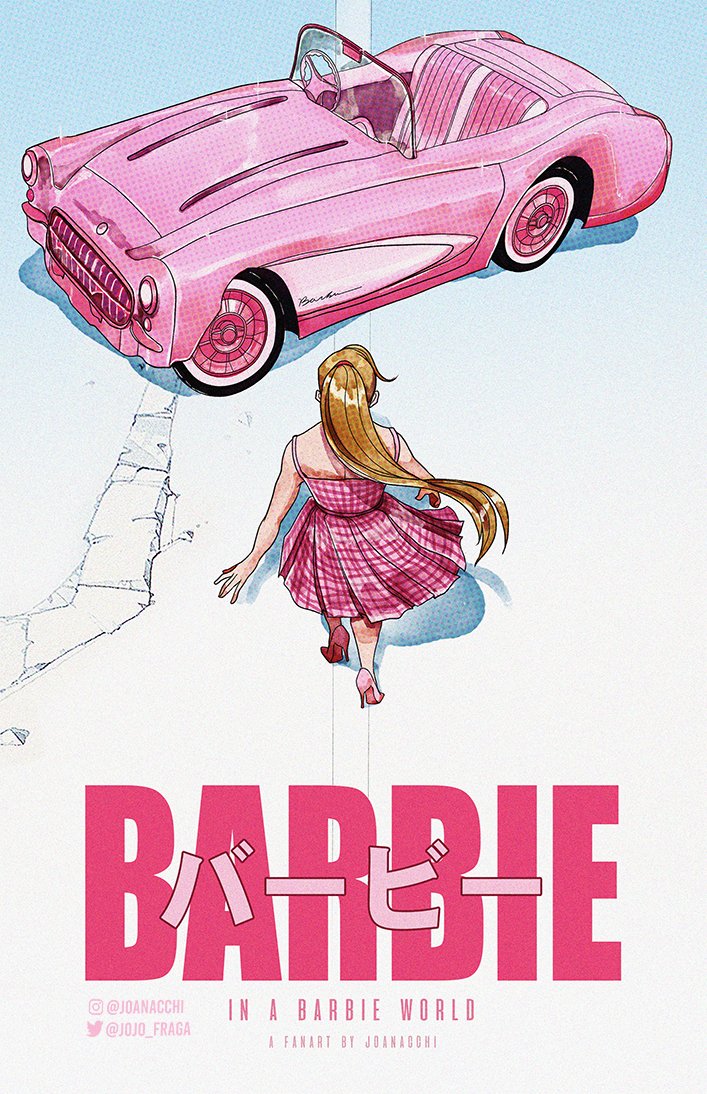
Another important thing to keep in mind is that no one whose job is to create content to be consumed by others should be trusted because they’ve literally got a financial or reputational stake in continuing whatever narrative they’ve built a brand around. If you’re just another person on Twitter taking a position for or against something, that’s no big deal. But if you’re a media channel or a YouTuber, your livelihood is literally tied to continuing the narrative you’ve become known for. Ben Shapiro might have loved the Barbie Movie, but he could never admit it to his followers.
It’s like how, in the review of the Atelier Ryza anime on the Anime Feminist blog, the writer felt compelled to make negative points about Ryza’s boobs and oh-so-succulent thighs. This is the “brand” that the site has been built around. The writer’s livelihood depends on trying to make points that her readers will respond to or get angry about…and most importantly, click on. When we understand that the writer is just doing their job as they see it, perhaps we can avoid getting angry if their opinion is different from ours.
TL;DR: Anyone who has an audience on social media has a “brand” they need to maintain, so you should take what they say with a few dozen grains of salt. All of the people publically hating on the Barbie movie probably secretly loved it, but they can’t admit it, or they’d lose reputation points.
Why Did Barbie Dolls Fail in Japan?
The Barbie movie doesn’t open in Japan until August 11, so we don’t know how the movie will perform at the box office here. But based on the massive push from Warner Bros., a company that’s very good at marketing content in Japan, I’m sure it will be big. They were one of the first Western companies to start financing anime, and they’ve been the financial backing behind such popular titles as Is It Wrong to Pick Up Girls in a Dungeon?, Jojo: Stone Ocean and Tonikaku Kawaii.
Iconic as Barbie dolls have become worldwide, the brand never made much of an impression here in Japan. First created in 1959 based on a West German fashion doll, the original Barbie dolls were actually made in Japan, thanks to the low labor costs in the country at the time. However, Barbie never made much of a splash when Mattel tried to sell them to Japanese consumers.
Why did Star Trek fail in Japan? Blog post here!
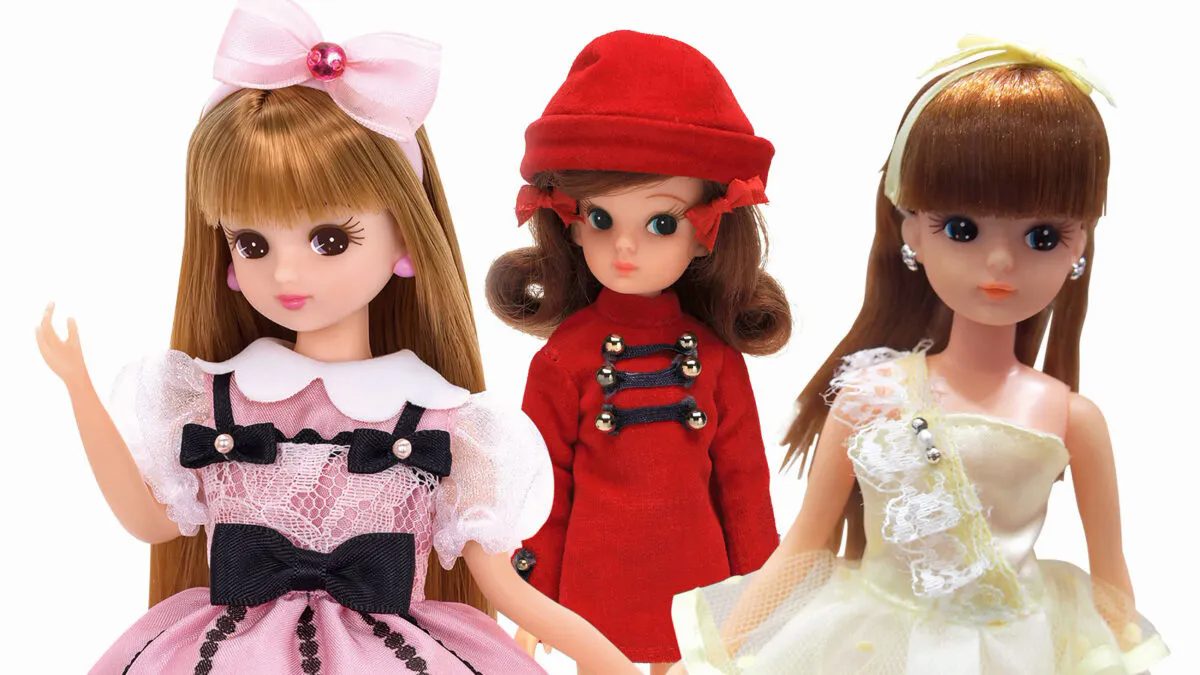
Japanese doll fans were much more smitten with Licca-chan, a competing fashion doll released by Takara in 1967. Rather than the overly-tall-and-buxom Barbie, Japanese consumers appreciated the more demure dimensions of Licca, who was younger (11 years old), and didn’t have painted-on eyeliner. Licca was a doll Japanese girls could identify with, and both my wife and daughter loved collecting them together.
In the same way that Barbie represents the theoretical pinnacle of beauty in the West, the Licca doll series came to define how the Japanese viewed the “perfect” girl. Licca Kayama is half Japanese, born of a Japanese fashion designer mother and a French musician. She speaks Japanese, French and English fluently, and her blood type is O.
Thanks for reading this post exploring the Barbie Movie and what anime fans can learn from the drama created by the film’s popularity. Got any comments for us? Post them below, and Peter will reply!
Make sure you’re following J-List on these platforms, too!
- Twitter, where Peter posts anime booba for you
- Facebook, where we share memes and discuss anime
- Instagram, for fans who want to keep up with J-List products in your Insta timeline
- Discord, if you want to chat with other J-List customers of culture
- Finally, check out J-List’s new short video blogs on YouTube or TikTok!
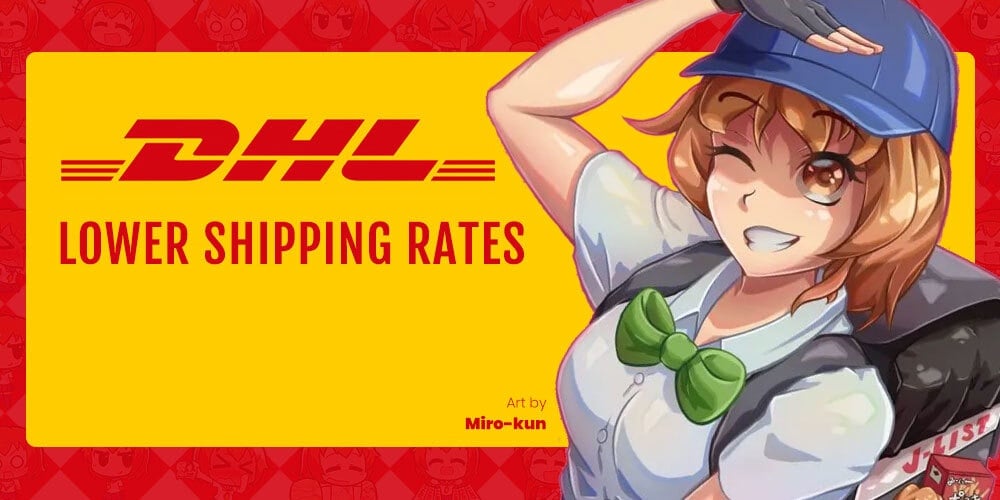 We’ve got great news for you: DHL has lowered its shipping rates, removing its emergency fuel surcharge now that fuel prices have come down. Today is a great day to make an order from J-List. Start browsing now!
We’ve got great news for you: DHL has lowered its shipping rates, removing its emergency fuel surcharge now that fuel prices have come down. Today is a great day to make an order from J-List. Start browsing now!


